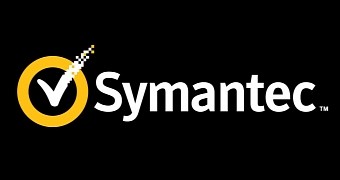Symantec Corporation has managed to secure a new patent that will help torrent fans figure out if they're about to download a safe file or not.
While the music and the movie industries hate torrents with a passion and have been filing lawsuits left and right trying to ban sites that allow people to access pirated content, the truth of the matter is that such content will never go away and torrent sites are here to stay. Once a site goes down, another pops up in its stead.
Symantec seems to have recognized this and has secured a patent that will inform those who download torrents whether the file is fake, or whether there's a malware hidden in there, or any other scammy content for that matter, TorrentFreak reports.
The patent talks about a system that can be used to identify fake torrents and malware-infected files, which is a definitive problem for countless sites out there.
"While the BitTorrent protocol represents a popular method for distributing files, this protocol also represents a common means for distributing malicious software. Unfortunately, torrent hosting sites generally fail to provide sufficient information to reliably predict whether such files are trustworthy," reads the patent.
Symantec, the company behind antivirus Norton, has come up with an automatic torrent moderation solution which can rate the trustworthiness of torrents and block suspicious content.
A way to avoid malicious torrents
While security solutions will also scan torrent files, this method seeks malicious traits and builds a reputation score. For instance, the trustworthiness of a torrent will be determined by the reputation of the original uploaders, the torrent site it is loaded on, number of trackers and peers, and so on.
“For example, if an entity has been involved in several torrent transactions that involved malware-infected target files, the reputation information associated with the entity may indicate that the entity has a poor reputation, indicating a high likelihood that the target file represents a potential security risk,” Symantec notes.
The system can then take the appropriate actions to keep the downloader secure, whether that's deleting the suspicious file or blocking all related network traffic, quarantining the target file and so on.
The sad news is that Symantec Corporation applied for the patent about four years ago and there's yet to be any application for this method.

 14 DAY TRIAL //
14 DAY TRIAL //